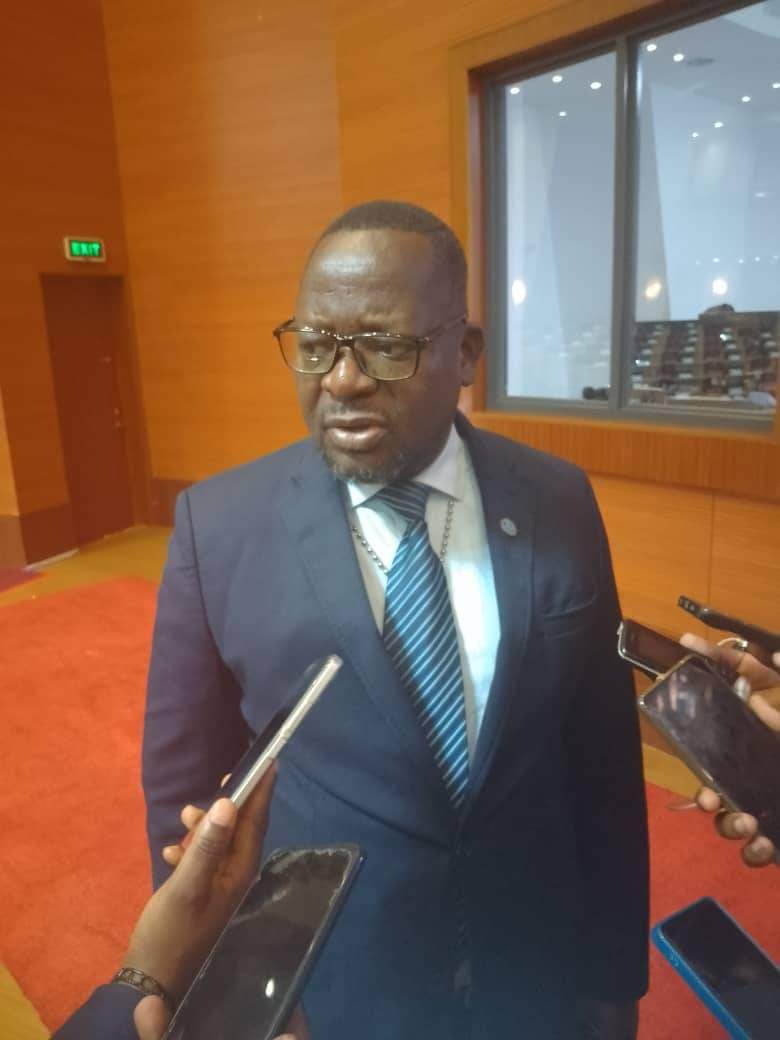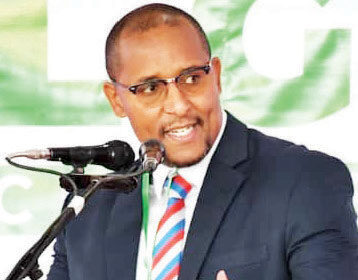By Burnett Munthali
Lawyer Alexius Kamangila has become a prominent figure in the fight against judicial corruption in Malawi. His journey into this battle began several years ago, driven by his deep concern for the integrity of the legal system and its ability to deliver justice without bias. Kamangila’s efforts to combat corruption within the judiciary have sparked a nationwide conversation about accountability and transparency in Malawi’s legal processes.
Kamangila’s initial exposure to the extent of corruption within the judicial system came through his work as a legal practitioner. Having represented clients in numerous cases, he was alarmed by instances where outcomes seemed influenced by factors other than merit—such as bribes, political connections, and other corrupt practices. This undermined his belief in the judicial system and ignited a desire to initiate change.
In the early stages of his fight, Kamangila focused on raising awareness about corruption within the judiciary. He took to public forums, social media platforms, and local media outlets to highlight examples of judicial misconduct, where cases were delayed or unfair rulings were handed down due to external influences. His campaigns emphasized that the fight for judicial integrity was not just about removing corrupt individuals but also about rebuilding public trust in the system.
Kamangila’s crusade gained momentum when he began working with civil society organizations, human rights advocates, and other legal professionals who shared his concerns. By collaborating with these groups, he helped organize workshops and seminars to educate the public on the importance of an independent judiciary free from corruption. His efforts also included advocating for reforms to strengthen judicial accountability, transparency, and oversight mechanisms.
A turning point in Kamangila’s fight came when he publicly challenged high-profile cases where judicial corruption seemed apparent. He pushed for investigations into allegations of bribes influencing court decisions and demanded the prosecution of individuals involved in such activities. His stance was not without resistance, but Kamangila’s courage in standing up to powerful figures within the system earned him respect from many who had been silently concerned about the corruption but were too afraid to speak out.
Kamangila also sought legal reform, urging the government and relevant authorities to introduce laws and measures that would reduce opportunities for corruption. His calls for stronger regulation of judges’ conduct and improved mechanisms for reporting and addressing judicial misconduct resonated with many who believed that the judicial system needed a comprehensive overhaul to restore its credibility.
Throughout his campaign, Kamangila faced personal and professional risks, including threats to his safety and attempts to discredit his efforts. However, his unwavering commitment to justice and his belief in a fair, transparent legal system kept him focused on the long-term goal of reforming the judiciary.
Kamangila’s contributions to the fight against judicial corruption have been pivotal in raising the profile of this critical issue in Malawi. His work has inspired other lawyers, activists, and ordinary citizens to join the cause, creating a united front against corruption in the legal system. While challenges remain, Kamangila’s efforts have paved the way for future reforms, and his role as a key advocate for judicial integrity continues to influence the discourse on good governance in Malawi.
In conclusion, lawyer Alexius Kamangila’s dedication to fighting judicial corruption has been a defining part of his career. Through his advocacy, public campaigns, and legal challenges, he has highlighted the importance of an honest and transparent judiciary for the effective functioning of democracy and the rule of law in Malawi. His journey serves as an example of how one individual’s efforts can spark meaningful change and inspire others to take action in the fight against corruption.




